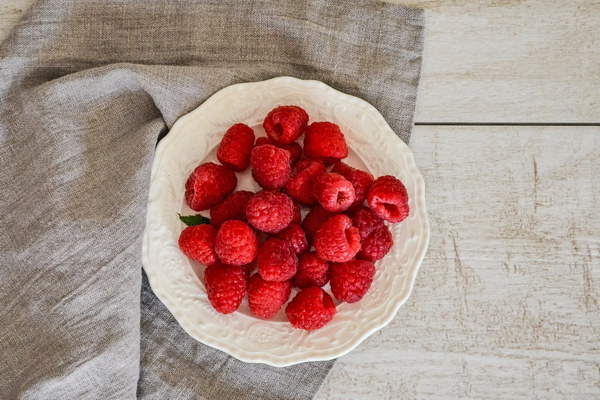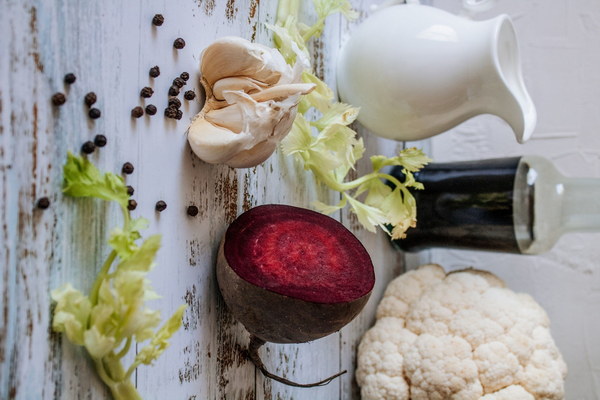Exploring Traditional Chinese Medicines Top Herbs and Remedies for Nourishing the Spleen and Stomach
In the realm of Traditional Chinese Medicine (TCM), the concept of nourishing the spleen and stomach holds significant importance. The spleen and stomach are considered the central organs in the body, playing a crucial role in digestion, absorption of nutrients, and overall health. When these organs are in balance, the body thrives; however, when they are imbalanced, various health issues can arise. This article delves into the world of TCM and highlights some of the most effective herbs and remedies that can help nourish the spleen and stomach.
1. Codonopsis (Dangshen)
Codonopsis is a commonly used herb in TCM for nourishing the spleen and stomach. It is known for its ability to boost the immune system, enhance energy levels, and improve digestion. Codonopsis contains saponins, which have anti-inflammatory, antioxidant, and immune-boosting properties. It is often used to treat symptoms such as fatigue, weakness, and poor appetite.
2. Astragalus (Huangqi)

Astragalus is another well-known herb in TCM that helps nourish the spleen and stomach. It is a powerful immune booster and has been used for centuries to treat various health conditions. Astragalus contains compounds that help increase the production of white blood cells, which are essential for fighting off infections and maintaining overall health. Additionally, it can help improve digestion and alleviate symptoms of bloating, gas, and diarrhea.
3. Atractylodes (Cangzhu)
Atractylodes is a traditional Chinese herb that is highly valued for its ability to strengthen the spleen and stomach. It is often used in combination with other herbs to treat digestive disorders, such as bloating, diarrhea, and constipation. Atractylodes contains volatile oils, flavonoids, and other compounds that have anti-inflammatory, antimicrobial, and antispasmodic properties.
4. Licorice Root (Gancao)
Licorice root is a versatile herb in TCM that can be used to nourish the spleen and stomach. It is known for its ability to harmonize the body's Yin and Yang energies, which can help alleviate various health issues. Licorice root contains glycyrrhizin, which has anti-inflammatory, antiviral, and immune-boosting properties. It is often used to treat symptoms such as heartburn, acid reflux, and indigestion.
5. Ginseng (Ren Shen)
Ginseng is a well-known herb in TCM that is often used to nourish the spleen and stomach. It is considered a superior herb due to its ability to boost the immune system, enhance energy levels, and improve overall health. Ginseng contains ginsenosides, which have anti-inflammatory, antioxidant, and immune-boosting properties. It is commonly used to treat symptoms such as fatigue, weakness, and poor appetite.
6. White Peony Root (Bai Shao)
White peony root is a traditional Chinese herb that is known for its ability to nourish the spleen and stomach. It is often used in combination with other herbs to treat conditions such as bloating, diarrhea, and constipation. White peony root contains compounds that have anti-inflammatory, analgesic, and antioxidant properties.
In conclusion, TCM offers a wealth of herbs and remedies that can help nourish the spleen and stomach, thereby promoting overall health and well-being. While these herbs can be beneficial, it is essential to consult with a qualified TCM practitioner to determine the most appropriate treatment plan for your specific needs. Remember that TCM is a holistic approach to health, and addressing the root cause of an imbalance is key to achieving long-lasting results.









